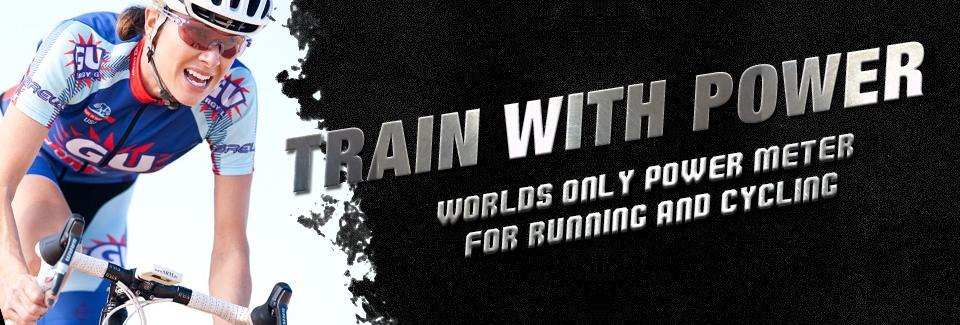 An adequate amount of sleep every night is essential for mental, emotional, and physical well-being. This is even truer for high-performance athletes, who place more demands on their bodies than the average person. The right amount of sleep helps the body recover after training and can shave minutes off your performance time. Here are the facts about sleep and why it can make or break your athletic performance.
An adequate amount of sleep every night is essential for mental, emotional, and physical well-being. This is even truer for high-performance athletes, who place more demands on their bodies than the average person. The right amount of sleep helps the body recover after training and can shave minutes off your performance time. Here are the facts about sleep and why it can make or break your athletic performance.
The Stages of Sleep
During sleep, you cycle through five stages repeatedly until you wake up. Stage one occurs when your body begins to relax and you float in and out of sleep. Stage two is when you enter sleep, and during this phase, your brain waves slow down and your body temperature drops. At stages three and four, you go deeper. These two restorative sleep phases foster tissue growth and repair and increased blood supply to the muscles. Your energy is restored during stages three and four, and vital hormones are released to help with the development of muscles and other body tissues. The fifth stage is REM sleep, which energizes the brain and body and contributes to your daytime energy levels. This phase recurs every 90 minutes and takes up 25 percent of your nighttime sleep session. The muscles are paralyzed during REM sleep, but the brain is at its most active as this is when you dream.
Consequences of Sleep Deprivation
Sleep deprivation can include sleeping too few hours every night or awakening frequently without allowing yourself to fully cycle through all of the sleep phases. This can have a huge impact on your production of human growth hormones, which serve to accelerate recovery after a workout. Your ability to store glucose and glycogen, which are a triathlete’s main sources of energy for endurance beyond 90 minutes, is also impaired. Moreover, the stress hormone cortisol is higher when you are deprived of sleep, and this can lead to impaired post-training recovery and insulin resistance.
Sleep Requirements of Elite Athletes
You’ll have to experiment to find the perfect amount of sleep for your body and your level of training. The average person can get by with seven or eight hours, but most elite athletes find that they function optimally at around nine hours of sleep per night. Some even supplement with a two-hour nap in the afternoon because two sleep sessions in a 24-hour period means a double dose of human growth hormones to help with muscle recovery.
In addition to obtaining enough restful sleep every night, you can enhance your athletic performance by diagnosing and correcting bilateral deficiencies. Take a look at our selection of performance monitoring footbeds today, and check out our website to learn how RPM2 can help prevent injury and improve your performance times.








